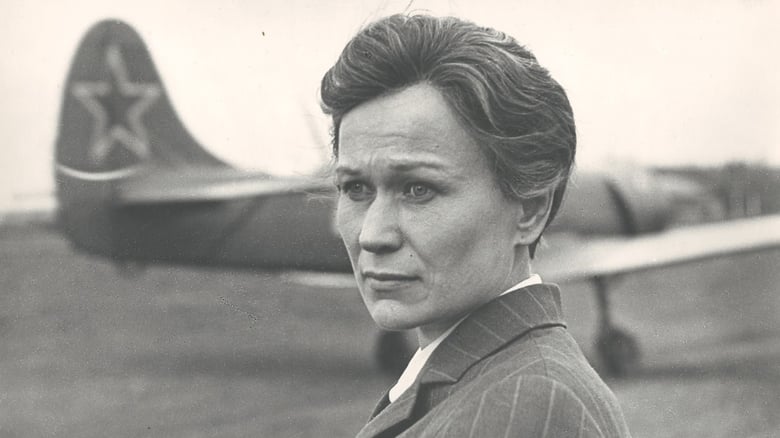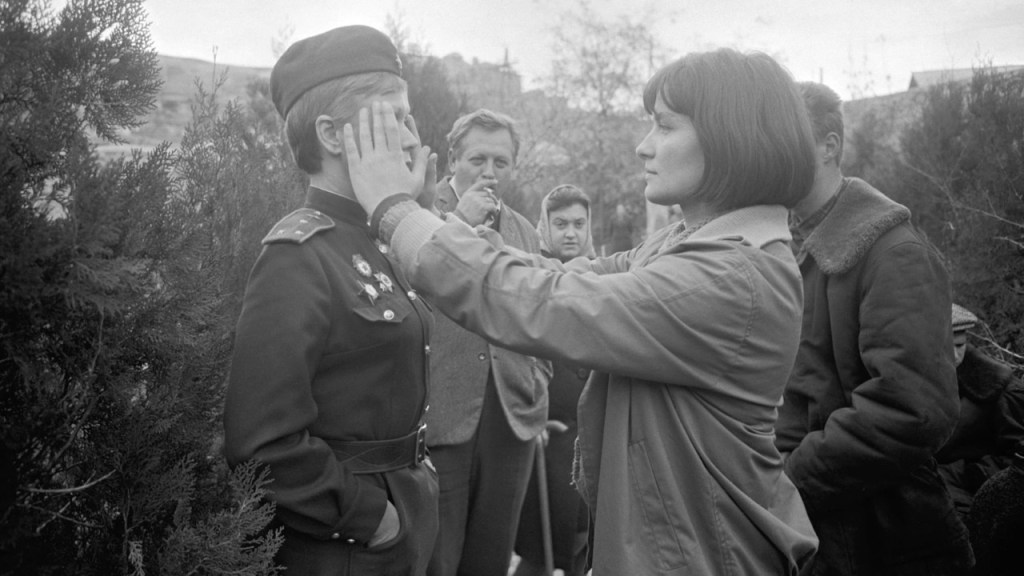Larisa Shepitko was a Soviet film director recognised for her psychologically intense narratives and deep exploration of the human spirit. She is best known for her films like The Ascent, which garnered critical acclaim for its gripping portrayal of human resilience, morality, and struggle during World War II. Her works reflect the turmoil and philosophical underpinnings of the time she lived in, often delving into the psyche of individuals placed in extreme conditions.
Shepitko’s filmography is often noted for its profound psychological depth and exploration of human ethics and spirituality. For instance, her film Wings is a poignant narrative of a former fighter pilot trying to navigate through the mundanities and emotional complexities of her post-war life, representing the pervasive theme of identity crisis and search for meaning, which is a recurring motif in Shepitko’s works. The director’s films tend to dive deep into the character’s psychological and moral dilemmas, revealing the nuanced and multifaceted nature of the human spirit in times of crisis.
Shepitko’s approach to filmmaking is both stark and poetic, with an apt use of visual metaphors that complement the deep psychological and moral themes explored in her films. Her visual style can be described as gritty and realistic yet laden with symbolic imagery and motifs. For example, in The Ascent, the brutal winter landscape is not only a backdrop but also a symbolic representation of the character’s internal struggles, the harshness mirroring their moral and existential crises. This distinctive style makes her work stand out, embedding them with a timeless quality and making them relevant across different cultural and temporal contexts.
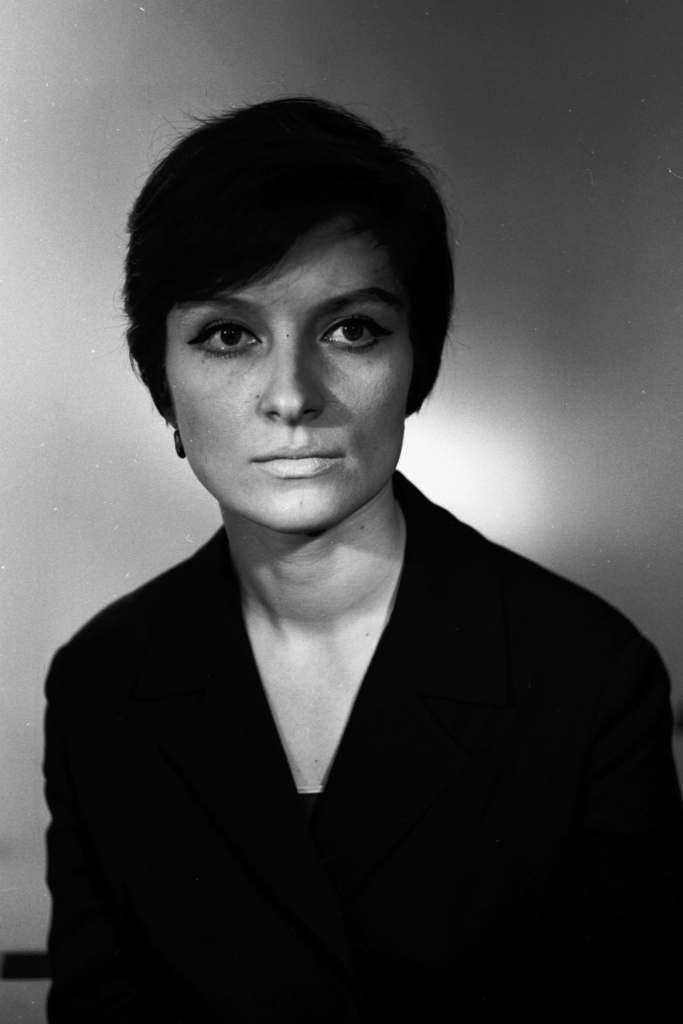
Larisa Shepitko (1938 – 1979)
Calculated Films
- The Ascent (1977)
Similar Filmmakers
- Aleksandr Sokurov
- Aleksei German
- Andrei Konchalovsky
- Andrei Tarkovsky
- Andrzej Wajda
- Artavazd Peleshian
- Bela Tarr
- Darezhan Omirbayev
- Elem Klimov
- Ingmar Bergman
- Jan Němec
- Kira Muratova
- Krzysztof Kieslowski
- Lana Gogoberidze
- Márta Mészáros
- Miklos Jansco
- Otar Iosseliani
- Tengiz Abuladze


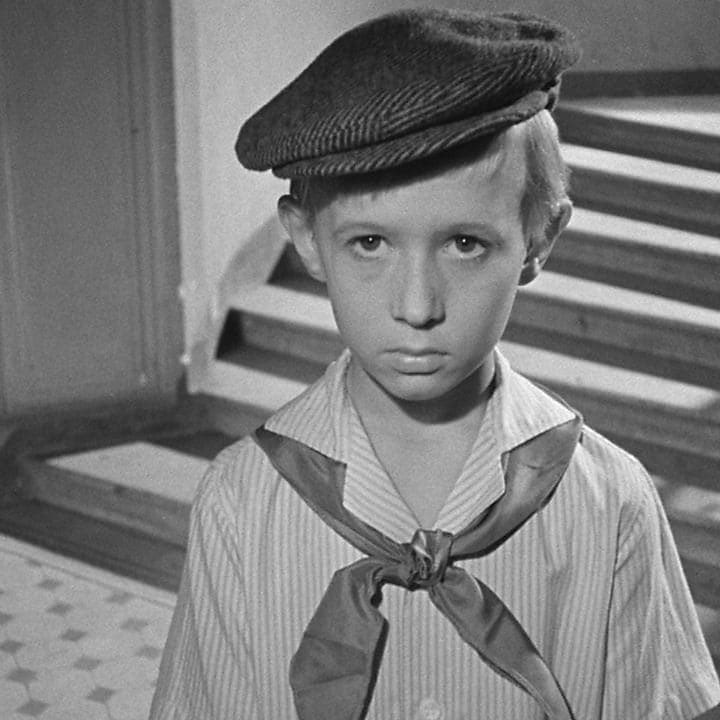
Larisa Shepitko’s Top Films Ranked
1. The Ascent (1977)
Genre: War, Psychological Drama, Period Drama

2. Wings (1966)
Genre: Soviet New Wave, Drama

3. You and Me (1971)
Genre: Drama
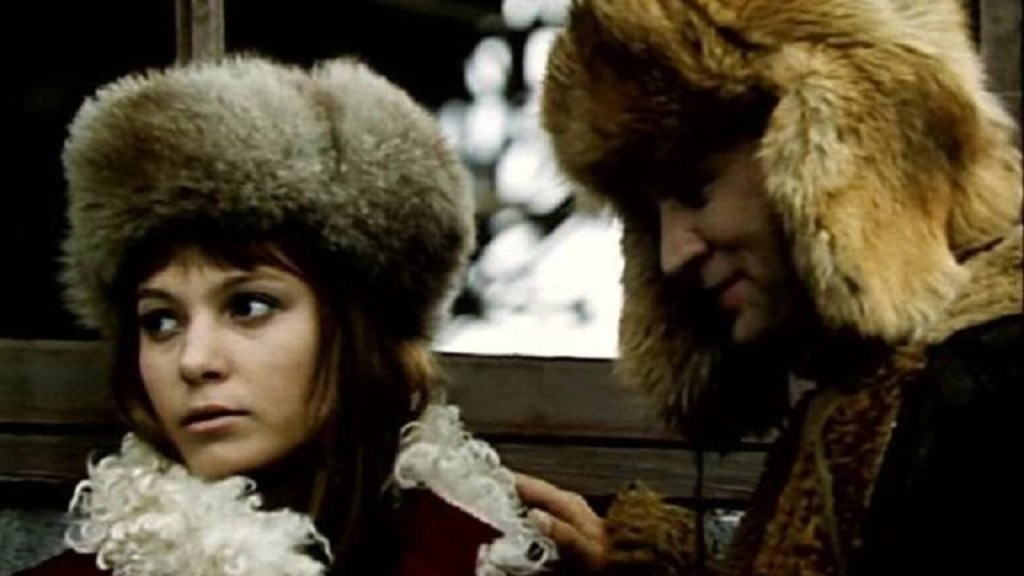
4. Beginning of an Unknown Era (1967)
Genre: Anthology Film, Period Drama

5. Heat (1963)
Genre: Drama

Larisa Shepitko: Themes and Style
Themes:
- Humanity Amidst Conflict: Shepitko’s films often portrayed humans in situations of extreme stress, especially war. Her characters grapple with moral choices, making her stories a deep reflection on the human condition.
- Existential Struggles: A recurring theme is the profound introspection into the meaning and purpose of life, often set against oppressive environments or circumstances.
- Moral Dilemmas: Shepitko explored the depths of moral choices, testing the resilience and boundaries of her characters.
Styles:
- Meticulous Framing: Each shot in her films was purposefully composed, using the frame to tell a story or emphasise an emotion.
- Expressive Use of Light and Shadow: Shepitko had a nuanced understanding of chiaroscuro, using it to heighten the emotional intensity of her scenes.
- Deep Character Exploration: Her films delved deeply into the psychology of the characters, showcasing their internal struggles and growth.
- Naturalism: Shepitko’s films leaned towards naturalistic performances, bringing out the authenticity and rawness of emotions.
Directorial Signature:
- Profound Emotional Depth: One of Shepitko’s defining qualities as a director was her ability to create films of deep emotional resonance.
- Historical Backdrops: While her stories were deeply personal, they were often set against significant historical or societal events, providing a dual lens of personal and universal perspectives.
- Philosophical Undertones: Beyond the immediate narrative, Shepitko’s films often touched on broader philosophical questions about existence, morality, and the nature of humanity.
Larisa Shepitko – Great Director

